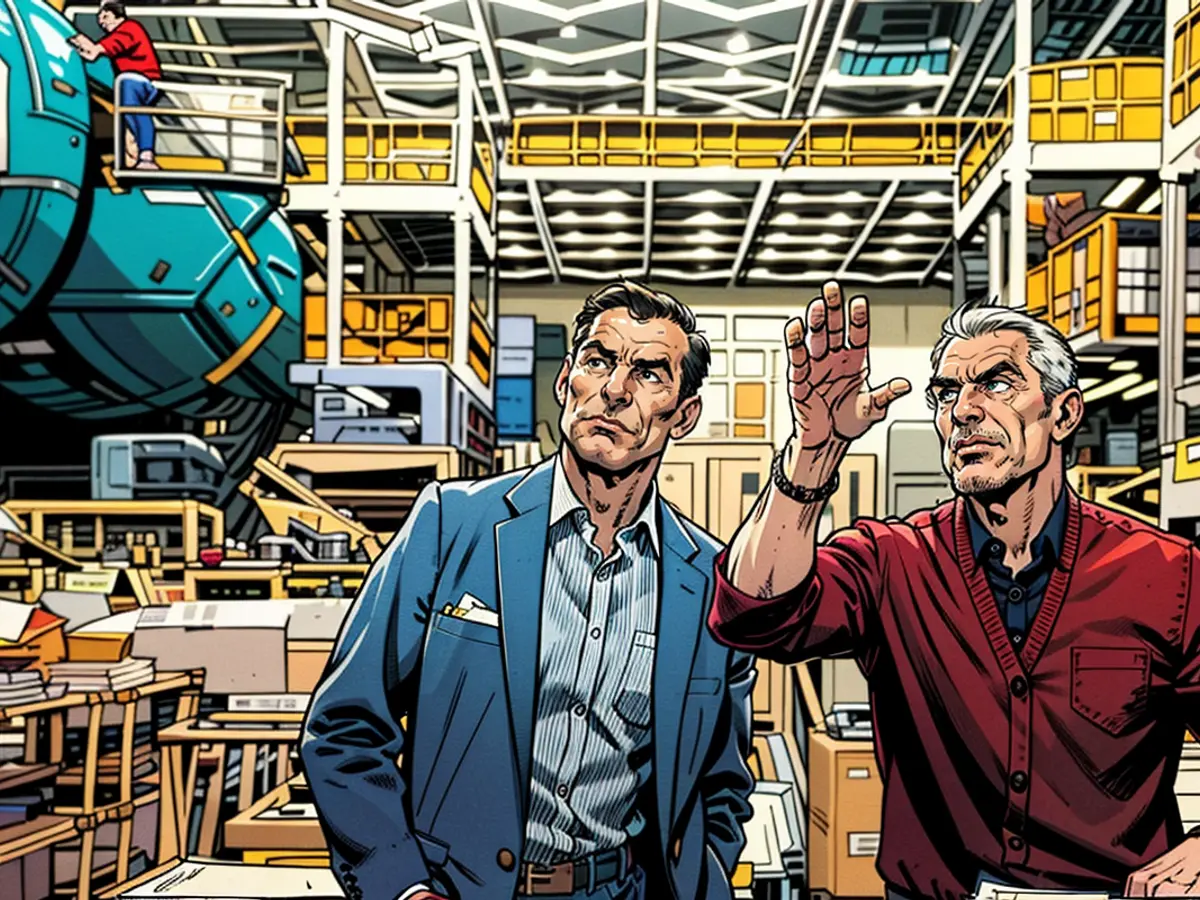Undoubtedly, another blunder from Boeing is dampening the positive sentiment towards its new leader.
After barely two months in his CEO role, Ortberg has generally grasped the task at hand.
However, a stumble this week in labor talks might have wiped out any goodwill he had accumulated with the workforce, underlining the challenging journey ahead, even for an experienced aviation executive whose predecessor set a low benchmark.
Look here: We’re over a fortnight into a strike led by Boeing's largest labor union. This strike is a challenge Ortberg needs to tackle urgently, as Boeing can't manufacture its best-selling aircraft without its 33,000 unionized workers.
Initially, Ortberg seemed to have the support of labor leaders, who acknowledged the new boss was inheriting a conflict that had been brewing for 16 years. Furthermore, in a surprising move last week, Ortberg announced that executive salaries would be temporarily reduced during the strike. This move boosted the new CEO's image, as he spent his first workday touring the factory floor.
However, on Monday, Boeing tripped up.
The company was planning to boost workers' wages by 30% over four years and enhance 401(k) benefits, improving on a 25% increase that the union had rejected earlier this month. The problem? Boeing announced this improved offer before getting a response from the union's negotiators, who saw this as an insult and an attempt to create a rift between members and their representatives.
The International Association of Machinists described this tactic as a "blatant show of disrespect" to union members and the bargaining process in a Monday statement. "They have underestimated the strength of our unity," they added.
Boeing responded defensively on Monday night, claiming it had engaged in "good faith" negotiations. "We believe our employees should have the chance to vote on our offer that significantly increases wages and benefits," Boeing said in a separate statement on Tuesday. "We've reached out to the union to provide them with more time and logistical support once they decide to vote."
It's unclear what Boeing hoped to gain by publicizing the offer.
There's an old saying in labor relations, says Art Wheaton, director of labor studies at Cornell University's School of Industrial and Labor Relations: "You never want to negotiate in the press."
"The bargaining team should negotiate with management," Wheaton explained. "But what Boeing did was ignore that." He added: "I don't know what their strategy was. I think they just weren't very savvy in how they handled it."
It's also unclear whether Ortberg played a role in the decision to take the offer directly to union members and the media. However, it's a noticeable departure from the diplomatic stance that the CEO had signaled at the start.
"Everyone thinks unions strike for money," Wheaton pointed out. But often, it's also about respect. "Obviously Boeing did not respect the union in this situation."
Ortberg started with an advantage: His predecessors had a reputation for being openly hostile towards labor, so even small gestures earned him some goodwill.
It's not too late, according to Richard Aboulafia, a managing director at aerospace consulting firm AeroDynamic Advisory, who expressed hope that Ortberg could steer Boeing back on course, despite an "absurd litany of self-inflicted crises" unfolding simultaneously.
"Diplomacy is crucial in situations like this," Aboulafia said, adding: "It's tough to differentiate Ortberg's mistakes from Boeing's institutional arrogance."
—Written by CNN's Chris Isidore
Ortberg's decision to announce the wage increase without consulting the union negatively impacted the business relationship, potentially damaging any goodwill he had built with the workforce. Despite this setback, finding a resolution to the strike is crucial for Boeing's business operations, as the company cannot manufacture its best-selling aircraft without its unionized workers.








